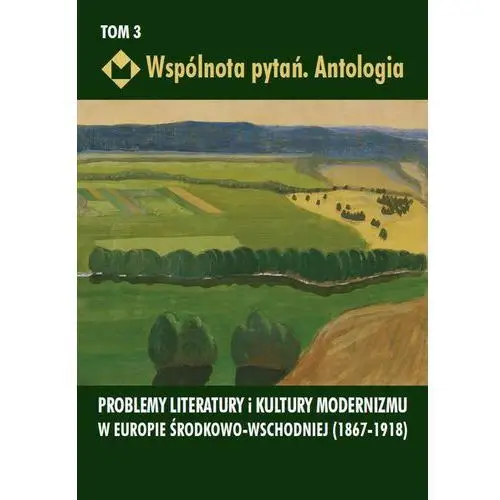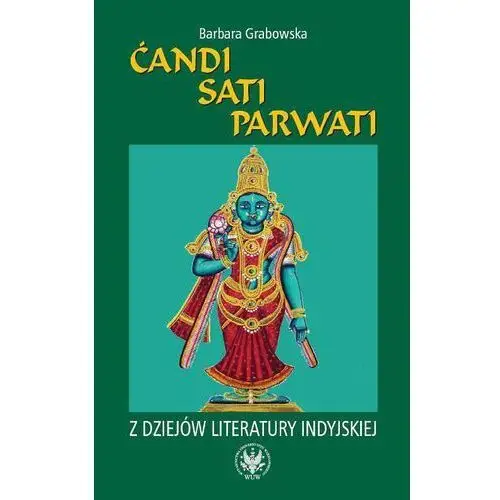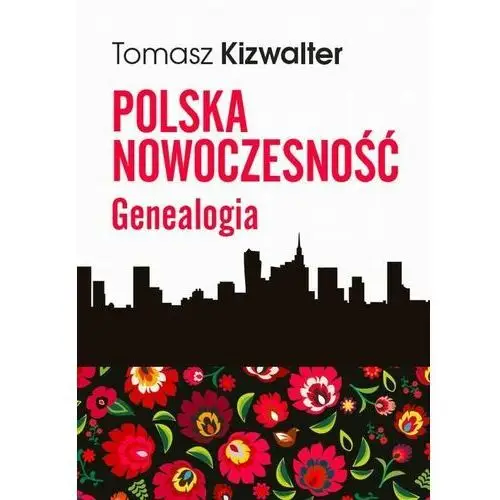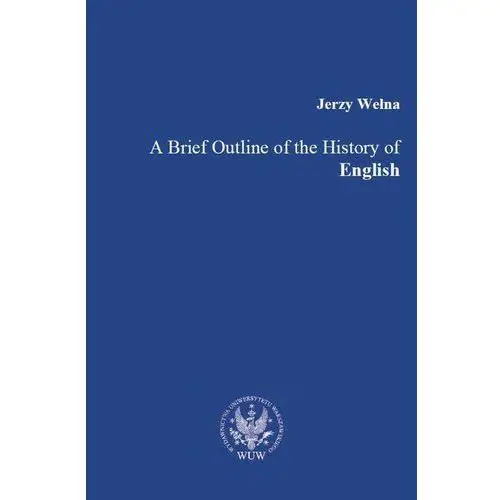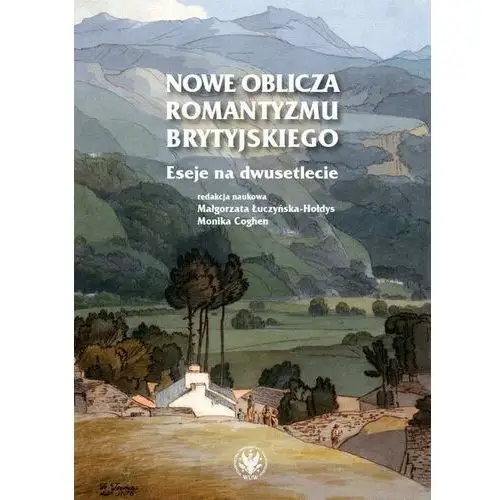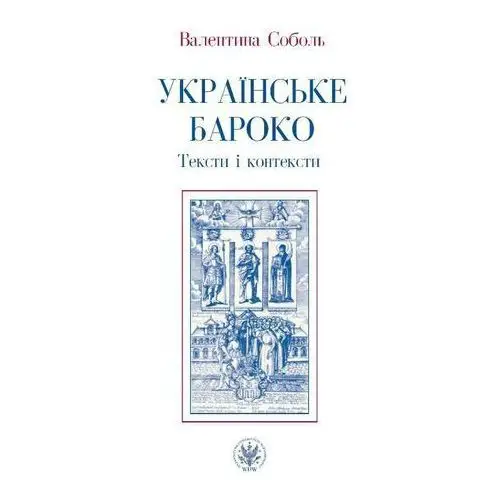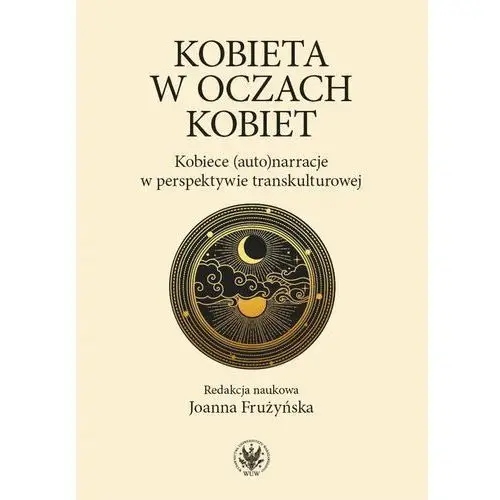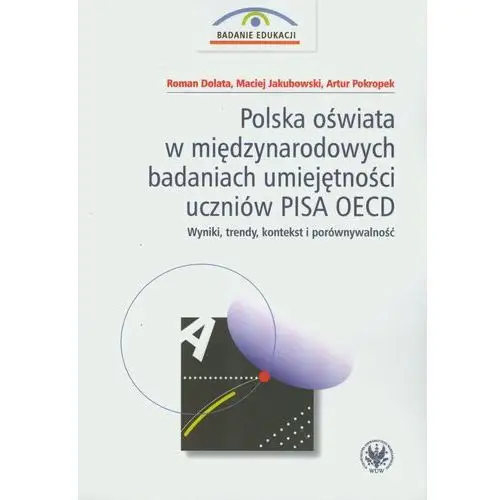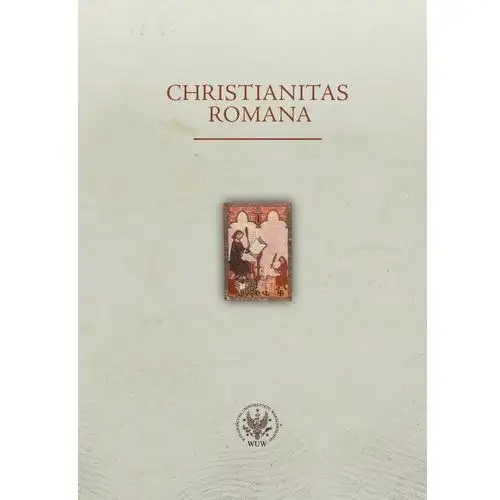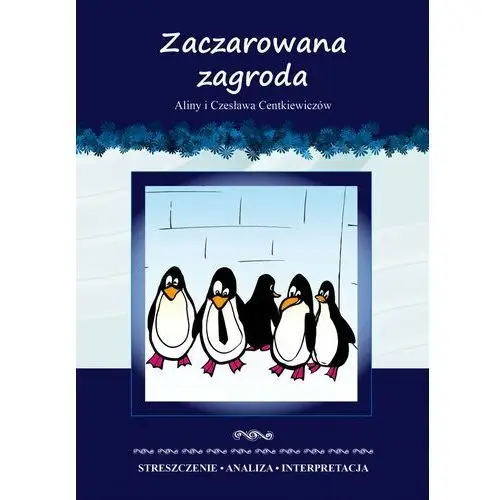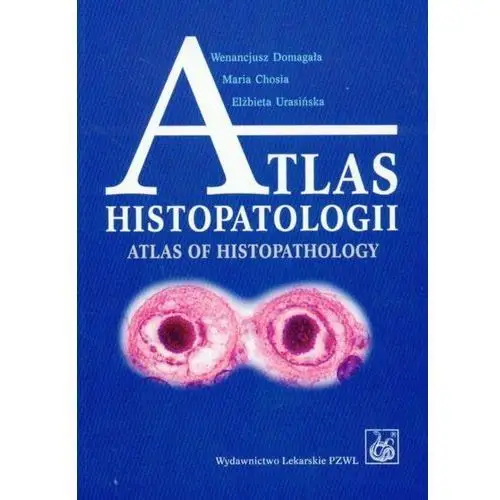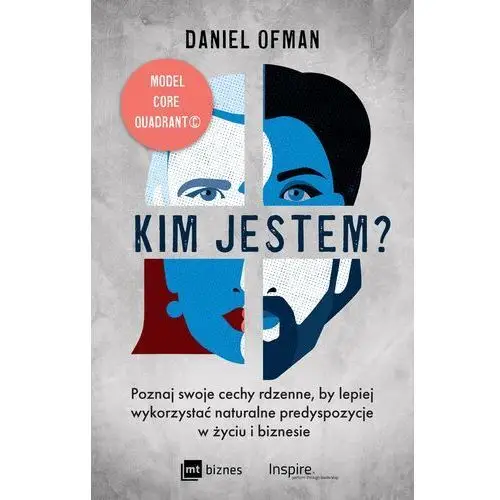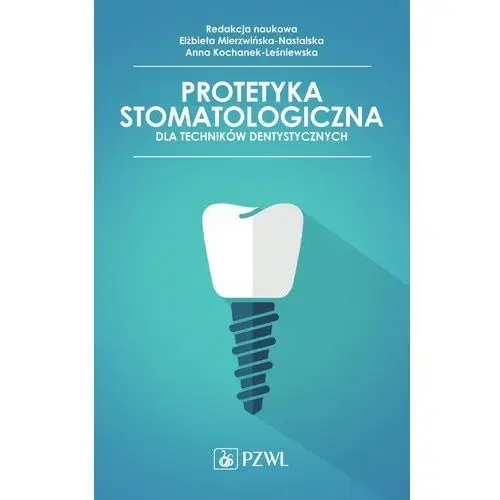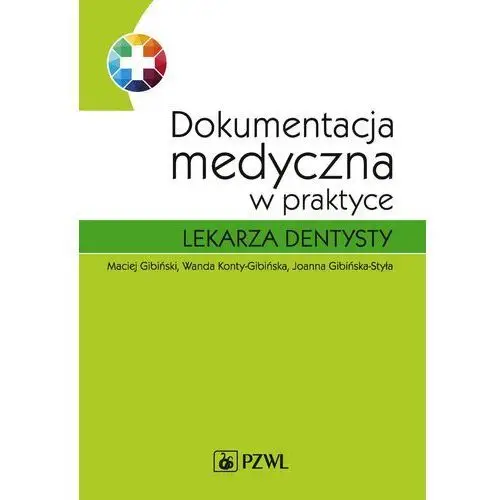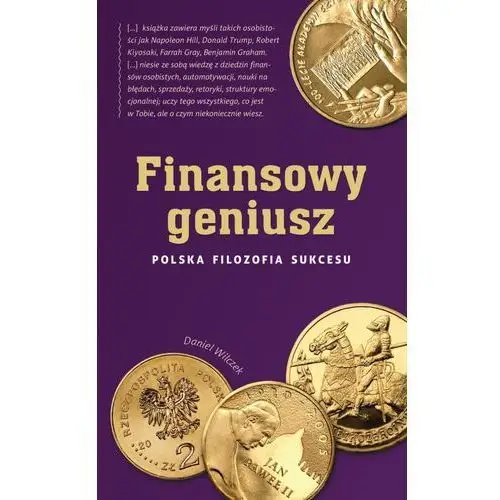Zbiór przekładów tekstów literackich okresu modernizmu w Europie Środkowo-Wschodniej, obrazujących różnorodne rozmiary kształtowania się progresywności regionu i różne aspekty formowania się tożsamości bohatera literackiego tego okresu.
Tom wypełnia lukę badawczą związaną z brakiem publikacji na temat problemów modernizmu Europy Środkowo-Wschodniej drugiej połowy XIX i początków XX wieku. Przekłady wyposażone zostały w noty o autorach oraz indeksy.
3-tomowa publikacja jest efektem projektu naukowego realizowanego w ramach Narodowego Programu na rzecz Rozwoju Humanistyki. Autorzy oferują rozpoznanie literatury Europy Środkowo-Wschodniej lat 1867–1918 jako pewnej całości, posługując się kategorią ważną dla badań kulturowych, które przypisują dziś szczególne znaczenie fenomenowi miejsca.
Poddając refleksji literaturę modernizmu Europy Środkowo-Wschodniej, autorzy projektu chcą pokazać, jak pisarze i krytycy reagowali na wyzwania swojego czasu i jak kształtowała się dynamika ich poszukiwań.
integruje się z tym wybór ram czasowych 1867-1918. Obie daty łączą się z wydarzeniami politycznymi najważniejszymi dla innowacyjnej Europy Środkowo-Wschodniej. To czas narodzin nacjonalizmów, lecz i czas powstawania utopii przekraczających granice partykularyzmów narodowych.
Zaproponowana w publikacji perspektywa (i służące jej narzędzia) nie mają charakteru teoretycznego – autorów mniej interesuje definiowanie modernizmu jako konstruktu teoretycznego niżeli obcowanie z żywą materią lokalnych odpowiedzi na doświadczenia i artystyczne impulsy innowacyjności.
Ich głównym pragnieniem było doprowadzenie do spotkania lokalnych opowieści z głównym nurtem modernistycznej narracji: o zmianie i zerwaniu, o spotkaniu z chaosem życia, o poszukiwaniu podmiotowości, o walce z dyktatem opresyjnych form kultury i języka, o konstruowaniu tożsamości w rozmiarze jednostkowym i zbiorowym.
A collection of translations of literary texts of the modernist period in Central and Eastern Europe, illustrating various dimensions of shaping the modernity of the region and various aspects of forming the identity of the literary hero of that period.
The volume fills the research gap related to the lack of publications on the problems of Central and Eastern European modernism in the second half of the 19th and early 20th centuries. The translations were provided with notes about the authors and indexes.
The 3-volume publication is the result of a research project carried out under the National Program for the Development of the Humanities. The authors propose to identify the literature of Central and Eastern Europe in the years 1867–1918 as a whole, using a category important for cultural research, which today assigns special importance to the phenomenon of place.
Reflecting on the literature of modernism in Central and Eastern Europe, the authors of the project want to show how writers and critics responded to the challenges of their time and how the dynamics of their explorations was shaped.
Related to this is the choice of the time frame 1867-1918. Both dates are related to the most important political events for modern Central and Eastern Europe. This is the time of the birth of nationalisms, but also of the emergence of utopias that cross the borders of national particularisms.
The perspective proposed in the publication (and its tools) are not theoretical - the authors are less interested in defining modernism as a theoretical construct than in dealing with the living matter of local responses to the experiences and artistic impulses of modernity.
Their main desire was to bring local stories together with the mainstream modernist narrative: about change and breakup, about the chaos of life, about the search for subjectivity, about the fight against the dictates of oppressive forms of culture and language, about the construction of identity in the individual and collective dimensions.
